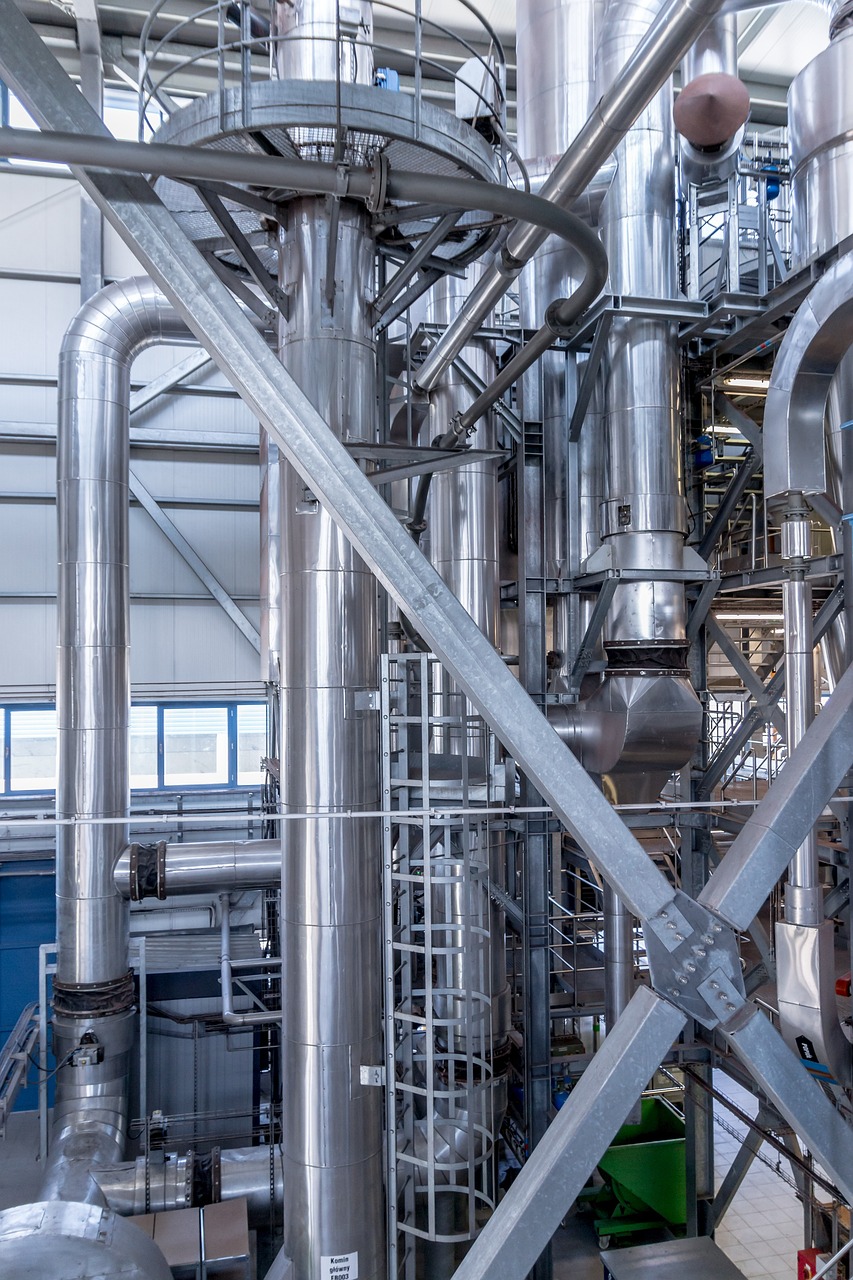As the UK intensifies its efforts to combat climate change, 2025 has ushered in a new wave of green home grants designed to encourage energy efficiency and reduce household carbon emissions. Rising energy prices, along with government pressure to meet net-zero targets by 2050, have made sustainable living a high priority for both policymakers and the public. Fortunately, a range of government-backed schemes and financial incentives are available this year to help homeowners make their properties more eco-friendly. Whether you’re considering solar panels, insulation, or a switch to heat pumps, this guide explores the key grants and funding options that can make your green home transformation affordable in 2025.
Green Home Grants Available in 2025
One of the most generous grants available in 2025 is the Warm Homes Plan, an initiative introduced in the UK government’s Autumn Budget. Designed to target low-income and fuel-poor households, this plan provides up to £30,000 in financial aid for energy-saving home improvements. Specifically, eligible households can receive £15,000 towards improving the energy performancehttps://ecogreengrant.co.uk/nottingham-insulation-grants/ of their property—this includes insulation, draught-proofing, and upgraded heating controls. An additional £15,000 is available for installing low-carbon technologies like air-source heat pumps and rooftop solar panels.
The funds are distributed via local councils, and eligibility is based on factors such as income, benefits status, and property condition. With the government’s emphasis on local-level action, residents are advised to consult their local authorities for information about how to apply and whether they qualify. Given the scope and value of this grant, it presents an unprecedented opportunity to future-proof homes while cutting down on energy bills.
Boiler Upgrade Scheme: Replacing Boilers with Clean Energy
For households looking to move away from fossil fuel heating systems, the Boiler Upgrade Scheme (BUS) remains a cornerstone of the UK’s decarbonisation strategy. In 2025, the government is offering up to £7,500 to homeowners and landlords who replace their traditional gas or oil boilers with low-carbon heating solutions such as air-source or ground-source heat pumps.
This grant is part of the broader Heat and Buildings Strategy, aiming to reduce carbon emissions from domestic heating, which currently accounts for nearly a fifth of the UK’s greenhouse gases. The scheme is open to homes in England and Wales and has recently received increased funding—totalling £295 million for the 2025/26 fiscal year. The application process is managed by certified installers, who must apply on behalf of homeowners, making it a relatively straightforward process for those looking to make the switch to clean heat.
Great British Insulation Scheme: Cutting Energy Waste
Insulation remains one of the most cost-effective ways to reduce home energy usage, and the Great British Insulation Scheme (GBIS) is here to support that. Previously known as ECO+, this program focuses on improving the energy efficiency of homes with poor Energy Performance Certificate (EPC) ratings—typically rated D or below.
The scheme is designed to support households that are not necessarily considered fuel-poor but could still benefit significantly from insulation improvements. It covers various insulation types, including cavity wall, loft, and underfloor insulation. Additionally, heating controls may also be offered as part of the package. With an anticipated reach of over 300,000 homes during its lifetime, GBIS is expected to deliver annual savings of £300 to £400 per household.
Funded with a £1 billion budget (adjusted for inflation), the scheme is a key player in helping Britain reduce its reliance on fossil fuels and combat fuel poverty. Households can check their eligibility and apply via participating energy suppliers or designated installers.
ECO4 Scheme: Energy Efficiency for Low-Income Families
The Energy Company Obligation (ECO4) is another essential scheme continuing into 2025. It places a legal obligation on large energy suppliers to fund energy efficiency upgrades for low-income and vulnerable households. This can include anything from cavity wall and loft insulation to heating upgrades like first-time central heating systems.
Running through March 2026, ECO4 aims to help up to 700,000 households across the UK. The scheme is particularly targeted at those receiving qualifying benefits such as Universal Credit, Pension Credit, and others. It’s also tailored for households living in fuel poverty or on the edge of it.
Because the specific measures and offers vary by supplier, it’s crucial for homeowners to consult directly with their energy provider or use a government-endorsed eligibility checker online. ECO4 complements other initiatives like GBIS by targeting homes most in need, and it plays a crucial role in ensuring that green improvements are accessible across income levels.
Home Energy Scotland Grant and Loan Scheme
In Scotland, the government continues to take bold steps to support homeowners with energy-efficient retrofits. The Home Energy Scotland Grant and Loan scheme is a flagship initiative offering both grants and interest-free loans to cover a range of improvements. Scottish residents can receive up to £7,500 in grants for heat pump installation, with an additional “rural uplift” of £1,500 for those in more remote areas—bringing the total to £9,000.
In addition to heating systems, the scheme provides funding for energy efficiency improvements such as insulation, windows, and doors. Grants are available to cover 75% of the total cost, up to £7,500 (or £9,000 in rural areas). For households where renewable heating systems are unsuitable, high heat retention storage heaters may also be funded up to £2,500.
This program is administered by Home Energy Scotland and involves an in-depth assessment to determine the most appropriate measures for each home. It’s one of the most robust regional energy efficiency programs in the UK, and it demonstrates Scotland’s leadership in sustainable housing policy.
Smart Export Guarantee (SEG): Get Paid for Going Solar
For those investing in renewable electricity systems, the Smart Export Guarantee (SEG) offers a practical financial benefit. Under this government scheme, homeowners who generate excess electricity through solar panels, wind turbines, or hydro systems can sell this surplus back to the National Grid.
Unlike previous schemes such as the Feed-in Tariff (which closed to new applicants in 2019), SEG pays households for the electricity they export at market rates set by individual energy suppliers. Payments vary, so it’s important to shop around for the best tariff. A smart meter is also required to measure how much energy is exported.
SEG provides a steady return on investment for renewable technology and acts as a strong incentive for solar adoption. While it won’t cover installation costs, it offers long-term benefits in the form of lower bills and a small income stream.
Warm Home Discount: Support for Heating Costs
Though not a green retrofit program in the traditional sense, the Warm Home Discount continues to provide vital financial relief to low-income households struggling with high energy bills. Eligible households can receive a one-off discount of £150 off their electricity bills during the winter season.
The scheme primarily benefits pensioners on the Guarantee Credit element of Pension Credit, as well as other low-income households identified by their energy supplier. In most cases, no application is required—eligible customers are notified automatically.
This program helps prevent fuel poverty and complements more structural home improvements by ensuring that vulnerable groups can afford to stay warm during colder months, especially as energy prices remain unpredictable.
Other Incentives: VAT Cuts and Group Buying
In addition to major schemes, several smaller initiatives offer practical financial savings. One of the most impactful is the government’s VAT reduction on energy-saving materials. From 2022 through 2027, homeowners benefit from a 0% VAT rate on items such as solar panels, heat pumps, and insulation. This can save homeowners hundreds of pounds on installation costs.
Group buying schemes, such as “Solar Together,” are another increasingly popular way to reduce the upfront cost of solar panel installations. These programs pool demand across communities, allowing suppliers to offer bulk installation at discounted rates. Participants typically register interest online and receive a personalized quote after a reverse auction process identifies the most cost-effective provider.
These additional incentives make it even more appealing to take the leap toward a greener home. While they may not provide large grants, they significantly reduce the financial barriers to entry.
Conclusion
2025 is shaping up to be one of the most promising years yet for homeowners looking to invest in sustainable home improvements. With the UK government and devolved administrations ramping up financial support through grants, discounts, and incentives, making your home greener has never been more accessible. From full insulation upgrades to cutting-edge heat pumps and renewable energy systems, there’s financial assistance available for nearly every step of the eco-renovation journey.
As the climate crisis intensifies, these grants serve a dual purpose: reducing household emissions and improving living standards. Whether your motivation is environmental responsibility, lower energy bills, or future-proofing your home’s value, taking advantage of these 2025 green home grants is a smart and timely move.
FAQs
What are Green Home Grants in 2025?
Green Home Grants in 2025 are government-backed schemes offering financial support to homeowners for making energy-efficient upgrades like insulation, heat pumps, and solar panels.
Who is eligible for Green Home Grants in 2025?
Eligibility usually includes low-income households, those receiving government benefits, and homes with poor EPC (Energy Performance Certificate) ratings.
How do I apply for Green Home Grants in 2025?
You can apply online through official government portals or certified green energy partners who handle assessments and installations.
What types of upgrades are covered under the 2025 Green Home Grants?
Covered upgrades typically include cavity wall insulation, loft insulation, underfloor heating, air source heat pumps, and solar panel installations.
Are tenants eligible for Green Home Grants in 2025?
Yes, tenants may qualify if they meet the income and energy efficiency criteria. Landlord consent is usually required for property improvements.
What is the maximum grant amount offered in 2025?
While exact figures may vary, some grants in 2025 are expected to cover up to £7,500 or more for eligible energy-efficient upgrades.
Is there a deadline to apply for the 2025 Green Home Grants?
Yes, grant applications are usually time-sensitive and may close once funding limits are reached. Early application is advised.
Do I need an EPC rating to apply for the 2025 grants?
Yes, having a valid EPC (usually rated D or lower) helps determine your home’s energy efficiency and eligibility for the grant.
Can landlords apply for Green Home Grants in 2025?
Yes, landlords can apply to upgrade rental properties and improve energy performance, often increasing property value and tenant satisfaction.
Where can I find more information on 2025 Green Home Grants?
You can visit the official UK government site or contact certified eco-grant providers for eligibility checks and free consultations.






